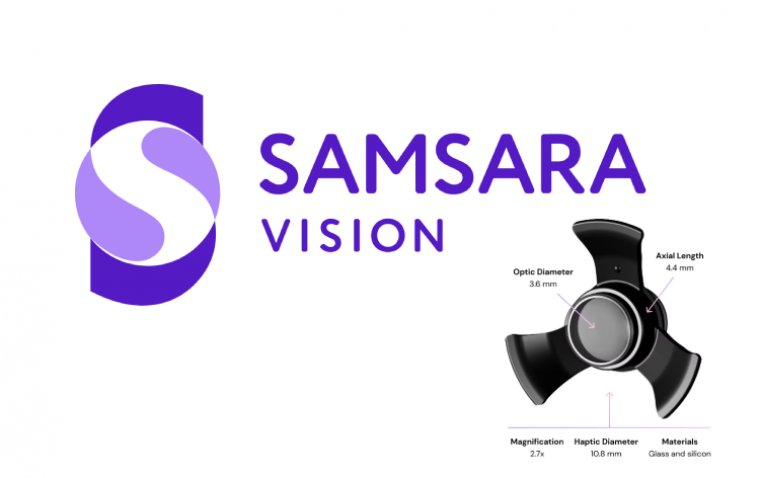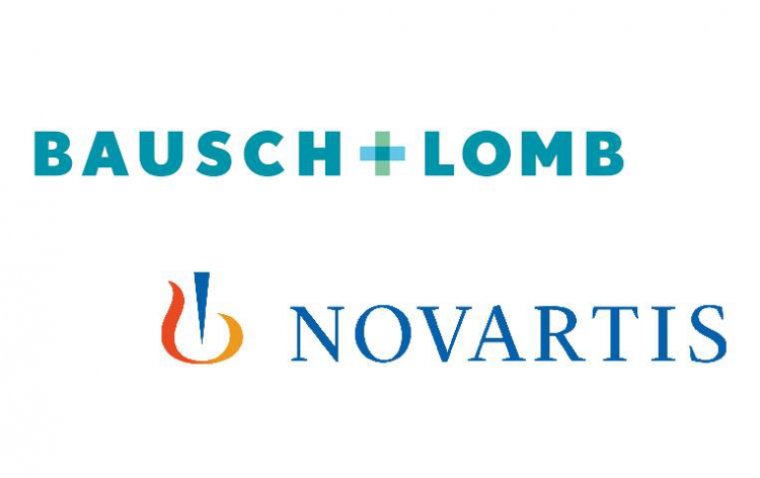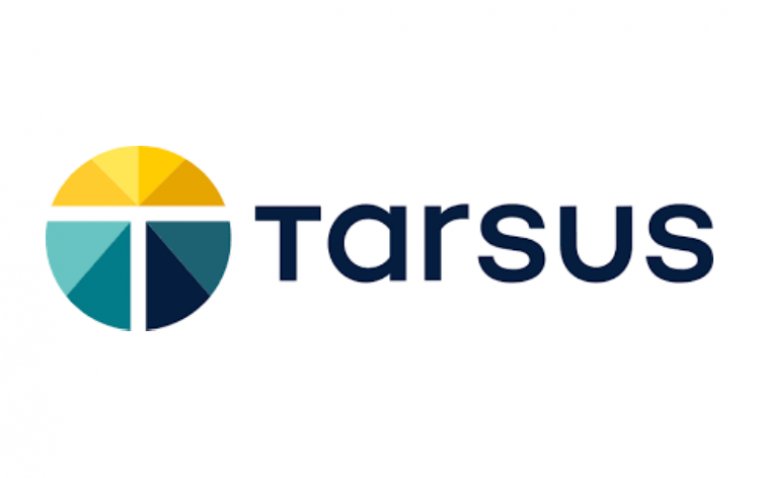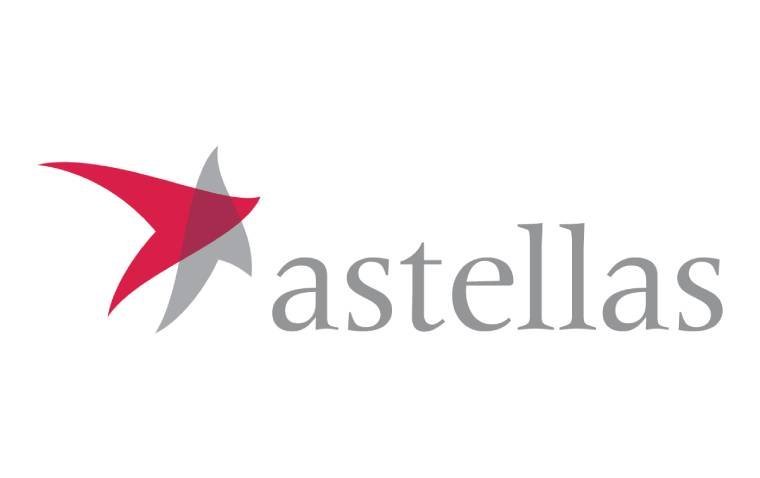
Samsara's Implantable Telescope Restores Vision in UK Patients with Late-Stage AMD
Samsara Vision has made an announcement about a new procedure available for patients suffering from late-stage age-related macular degeneration (AMD) at the Royal Victoria Infirmary, which is the first NHS Trust in the United Kingdom.
First Successful Implantations at Royal Victoria Infirmary
The procedure was carried out under the guidance of Mr. Sandro Di Simplicio, who is the Consultant Vitreoretinal Surgeon and Theatre Lead for Ophthalmology. In this microsurgical intervention, a miniature telescope has been successfully implanted in the first three patients. The primary objective of this intervention is to restore vision and provide freedom to patients who are affected by the condition.
Currently, around 1.5 million people in the United Kingdom are living with macular disease. AMD is the most prevalent condition, which mainly affects individuals aged 55 and over. The disease is the leading cause of vision loss in the UK, impacting over 700,000 people.
Introduction of Samsara Vision's SING IMT™ Device
This year, a new medical device that helps improve the previously irreversible effects of late-stage age-related macular degeneration (AMD) was introduced in the UK. Samsara Vision's SING IMT™ is a miniature implantable telescope that is only 10.8 mm in diameter, and it magnifies images, projecting them onto healthy photoreceptors that surround the macula at the back of the eye. This mechanism helps reduce the effects of the "blind spot" caused by AMD and enables people living in the final stages of this eye disease to see clearly again.
The miniature visual prosthesis, which is almost invisible, is implanted in theatre on a day-case basis using a small incision similar to cataract surgery. Due to this, the implantation procedure is only performed by experienced and trained cataract surgeons, such as Mr. Di Simplicio at the Royal Victoria Infirmary. In Europe, other countries have already implanted this miniature telescope in over 150 patients.
Following their recovery from the surgery, patients receive close guidance from low-vision specialists and occupational therapists to learn how to utilize their restored vision. The rehabilitation process is carried out over several successive appointments, which can be scheduled at the Newcastle Eye Centre.
Research studies, which are currently underway, demonstrate that individuals who undergo this treatment can once again see the faces of their loved ones, read, watch TV, participate in activities such as painting, knitting, or working in the garden. The procedure is currently accessible at the Royal Victoria Infirmary located in Newcastle upon Tyne.
Eligibility Criteria for Treatment
The enrolment criteria for patients who are eligible for this treatment are very stringent, but all appropriate candidates will be provided with an opportunity to engage in a conversation with the clinician to determine whether this treatment option is feasible for them.
(1).jpg)










